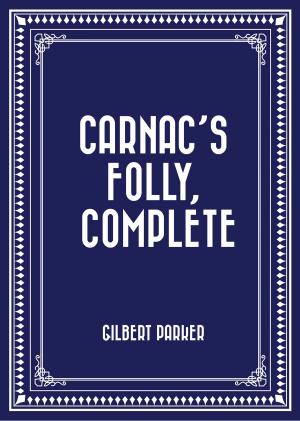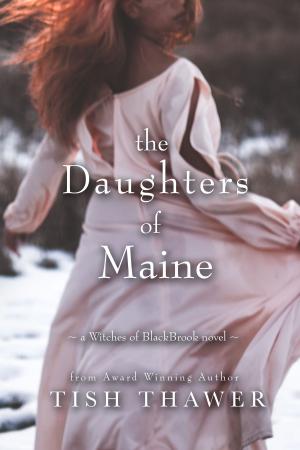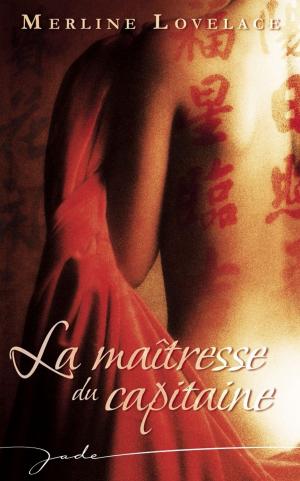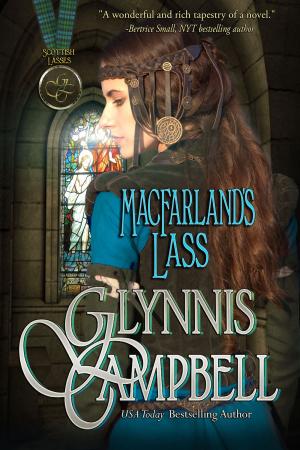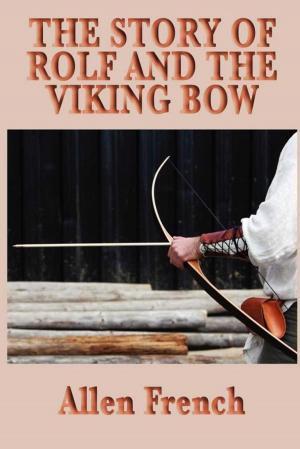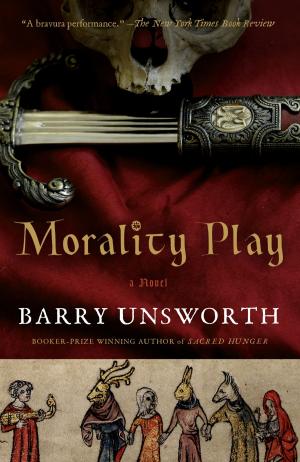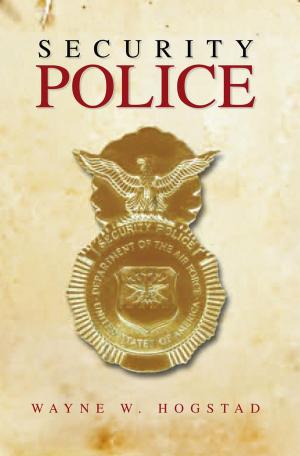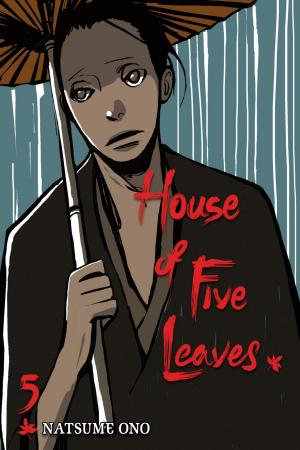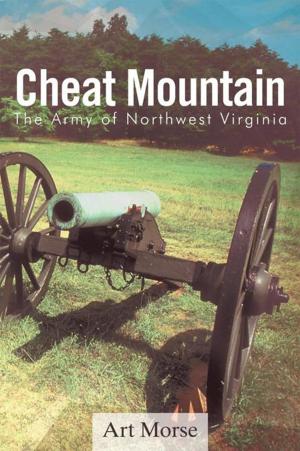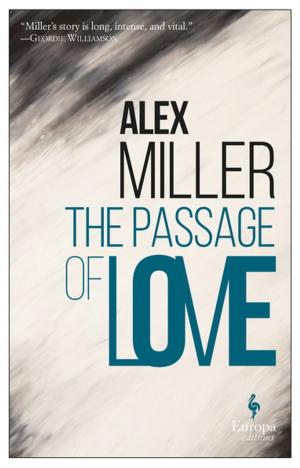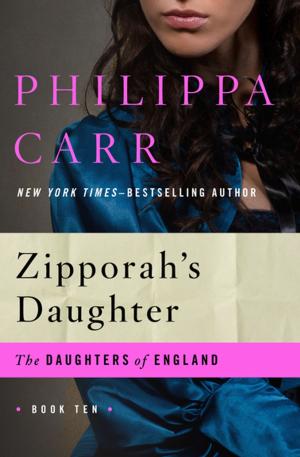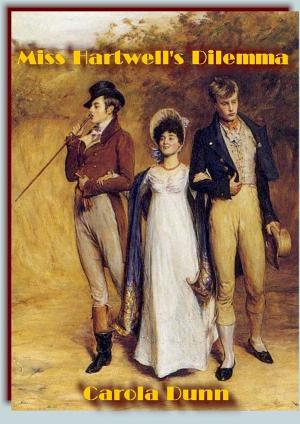The Dangers of Passion: The Transcendental Friendship of Ralph Waldo Emerson & Margaret Fuller
Biography & Memoir, Historical| Author: | Daniel Bullen | ISBN: | 1230000232610 |
| Publisher: | Levellers Press / Hedgerow Press / Off the Common Books | Publication: | April 11, 2014 |
| Imprint: | Language: | English |
| Author: | Daniel Bullen |
| ISBN: | 1230000232610 |
| Publisher: | Levellers Press / Hedgerow Press / Off the Common Books |
| Publication: | April 11, 2014 |
| Imprint: | |
| Language: | English |
Ralph Waldo Emerson never tried to reinvent the institution of marriage, but his close friend, the writer Margaret Fuller, was freer to follow the dictates of self-reliance, and choose how she would make her commitments Born in 1810, Fuller received a boy's first-class education, and by the time she was in her twenties, she was so well-read that she had given up any hope of a normal woman's role, in marriage or in society. Still unmarried at thirty, Fuller pressed Emerson for an intimacy deeper than their friendship. Emerson would not betray his marriage, but in their journals, both writers questioned the value of monogamous marriage for men and women of genius. When she realized that Emerson was not as radical as his writing suggested, Fuller went to Europe, where she married an Italian Count. Giovanni Ossoli was barely literate, but Fuller thought that she could still fulfill other sides of herself in other relationships. Fuller never got to live out her experiment in marriage: she and her husband died in a shipwreck on returning to America in 1850. But the questions Fuller's life had raised-about how to reconcile marriage and self-reliance-are still echoing now, in our discomfort with marriage-and with any of the alternatives. An enlightening and emotionally charged narrative, The Dangers of Passion recounts the passionate friendship in which Emerson and Fuller: First learned to trust themselves and their hearts before any other authority; Discovered the delightful freedom of shared intellectual passion; Worked together to advance a philosophy of Transcendental self-reliance; Quarreled over Emerson's inability to give Fuller deeper fulfillment; Questioned the value of marriage for men and women of genius; Consoled themselves in marriages that lacked the intellectual and philosophical passion of their friendship.
Ralph Waldo Emerson never tried to reinvent the institution of marriage, but his close friend, the writer Margaret Fuller, was freer to follow the dictates of self-reliance, and choose how she would make her commitments Born in 1810, Fuller received a boy's first-class education, and by the time she was in her twenties, she was so well-read that she had given up any hope of a normal woman's role, in marriage or in society. Still unmarried at thirty, Fuller pressed Emerson for an intimacy deeper than their friendship. Emerson would not betray his marriage, but in their journals, both writers questioned the value of monogamous marriage for men and women of genius. When she realized that Emerson was not as radical as his writing suggested, Fuller went to Europe, where she married an Italian Count. Giovanni Ossoli was barely literate, but Fuller thought that she could still fulfill other sides of herself in other relationships. Fuller never got to live out her experiment in marriage: she and her husband died in a shipwreck on returning to America in 1850. But the questions Fuller's life had raised-about how to reconcile marriage and self-reliance-are still echoing now, in our discomfort with marriage-and with any of the alternatives. An enlightening and emotionally charged narrative, The Dangers of Passion recounts the passionate friendship in which Emerson and Fuller: First learned to trust themselves and their hearts before any other authority; Discovered the delightful freedom of shared intellectual passion; Worked together to advance a philosophy of Transcendental self-reliance; Quarreled over Emerson's inability to give Fuller deeper fulfillment; Questioned the value of marriage for men and women of genius; Consoled themselves in marriages that lacked the intellectual and philosophical passion of their friendship.

